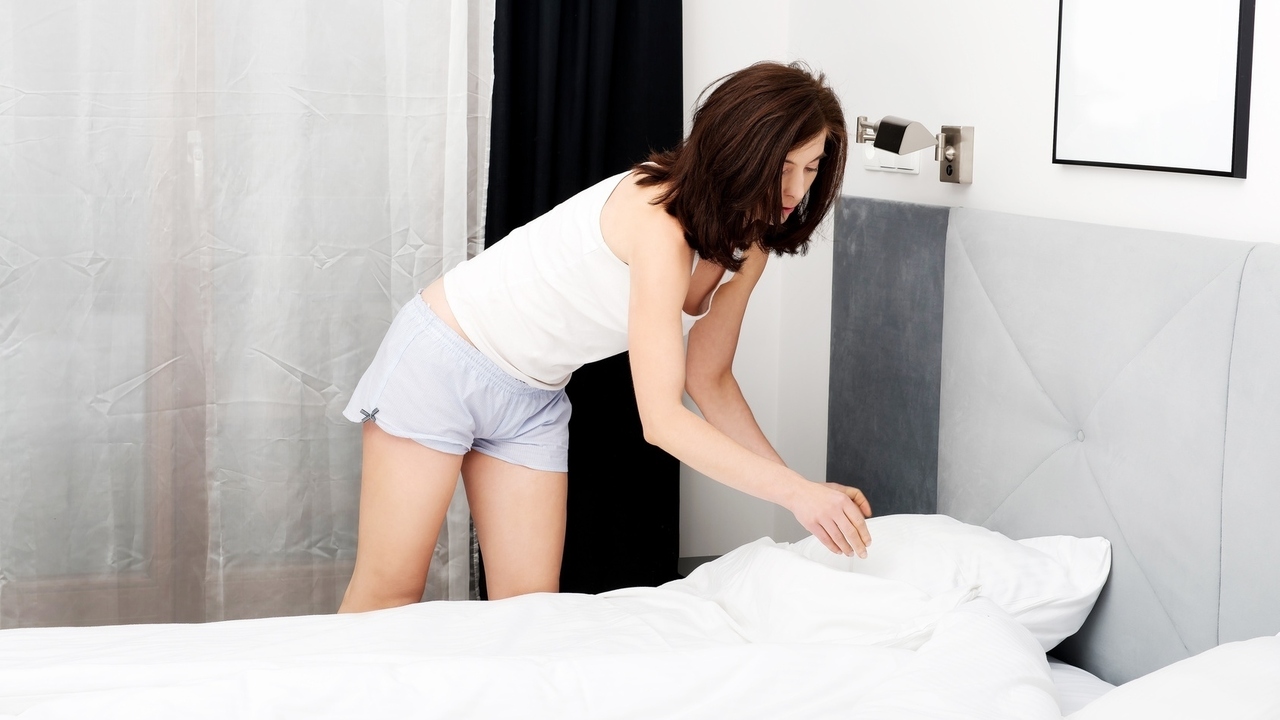 Piotr Marcinski/Fotolia
Piotr Marcinski/Fotolia
Suffering from allergies or asthma can be an uncomfortable situation with many different symptoms. Allergy symptoms can be triggered by outside sources like pollution or pollen. They can also be triggered from inside sources like dust mites or mold.
There might not be many things you can do about the outdoor environment but there are some things that you can do to help with the inside sources.
Let’s start with some general guidelines for your home.
Have HEPA filters in your rooms can be very beneficial. HEPA stands for high efficiency particulate air or high efficiency particulate arrestance. HEPA filters are air purifiers.
According to WebMD, “A HEPA filter is a type of mechanical air filter; it works by forcing air through a fine mesh that traps harmful particles such as pollen, pet dander, dust mites, and tobacco smoke.” HEPA filters vary in sizes. It is important to have a HEPA filter that will service the entire room.
There are some other general cleaning rules that apply to many rooms in your house.
If you have carpets in your house, vacuum them frequently, or consider replacing your carpets with hard wood, tile or vinyl flooring.
Draperies and curtains can contain many pollutants, so consider replacing them with roll-up shades. Bedding can also house pollutants.
If you have pets keep them outside so they do not have dander on the furniture in the house.
When you look for furniture, find brands that have toxin-free finishes. Find fabrics that can be cleaned easily.
Here are some things you can do to each room of the house to help reduce your allergy and asthma symptoms:
For the Bedroom
Make sure to wash all of your bedding, including your pillow covers, sheets and comforters. Sheets should be changed every week. Make sure wash your sheets in hot water.
Consider using plastic covers over your mattresses and pillows, then cover with bedding.
Wash pillow covers every three weeks. You can wash your pillows, too. Optimally, wash your pillows every three months. Replace your pillows every one to three years.
For the Bathroom
In the bathroom do not use wallpaper because moisture can become trapped inside it and that could cause mold. Nylon shower curtains liners are a better choice than vinyl or cloth.
For the Kitchen
Make sure you have a good ventilation system that will send smoke and other substances to the outdoors instead of getting trapped inside. Cabinets can be a source of toxic fumes, so make sure your cabinets have low-VOC paints, stains and adhesives.
For the Basement
Basements tend to be damp, so mold and mildew can be a problem in these areas. If you have a damp basement, it should be avoided by people with asthma and allergies.
For the Garage
The garage is a closed environment so don’t store potentially toxic cleaning supplies, paints, hazardous material and pesticides there.
Live Vibrantly,
Dr. Dae
Dr. Daemon Jones
Dr. Dae's website: www.HealthyDaes.com
Dr. Dae's Bio:
Dr. Daemon Jones is your diabetes reversal, hormones, metabolism and weight loss expert. Dr. Dae is a naturopathic doctor who treats patients all over the country using Skype and phone appointments. Visit her or schedule a free consultation at her website www.HealthyDaes.com
Reviewed May 11, 2016
by Michele Blacksberg RN
Edited by Jody Smith
HEPA Filters for Allergies. WebMD.com May 10 2016.
http://www.webmd.com/allergies/hepa-filters-for-allergies
Reducing Asthma & Allergy Symptoms in Each Room of Your Home. http://radiomd.com. May 10 2016.
http://radiomd.com/show/her-radio/item/27723-reducing-asthma-and-allergy-symptoms-in-each-room-of-your-home





Add a CommentComments
There are no comments yet. Be the first one and get the conversation started!